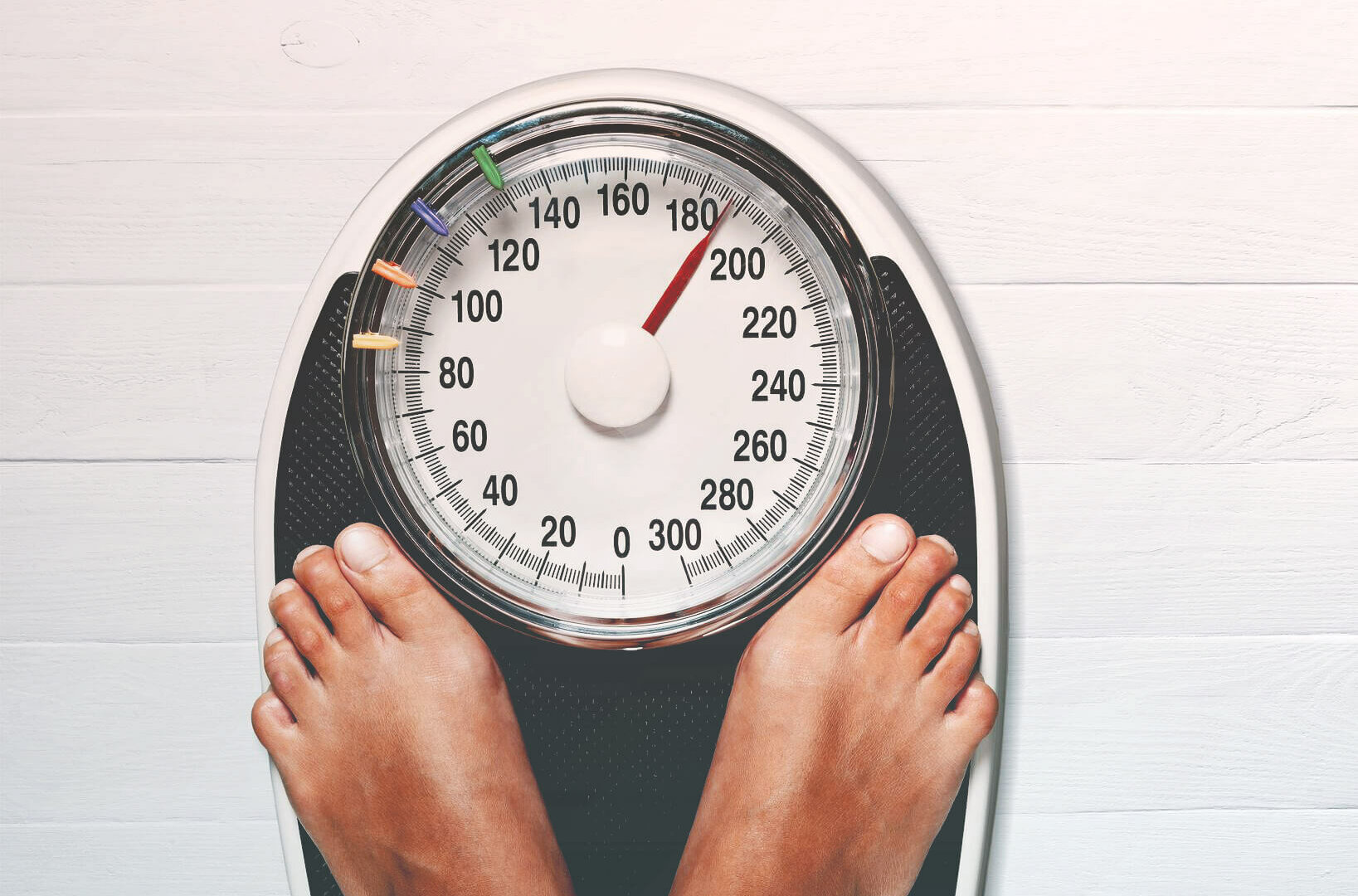This article is part two of a two-part series covering weight regain and everything you have ever needed to know about this topic. Part two discusses the psychology behind weight regain and how eating behaviors effect regain post competition. This article is written in the context of a post competition preparation diet for physique competitors but can be applied to anyone who has been on a calorie restricted weight loss, such as a powerlifter making weight for a meet or a non-competitor who has dieted for an event or vacation. Regardless of which group you fall into, the psychological responses to dieting and how eating behaviors are impacted are similar. In this series, I hope to give you all the tools you need to understand what is going on inside of your body after a diet, why it is so difficult to keep off weight lost and practical tips to help your long term weight maintenance!
If you’ve dieted before (or read my first installment of the weight regain article series) you will be familiar with the typical over eating following a strict diet paradigm. Biological adaptations have set you up for weight regain but there is more to add to the puzzle – the psychological consequences from harshly dieting set you for an even tougher time, far past the initial relapse phase.
There is no doubting that eating behaviors and relationships with food will be tested with almost any competition diet – especially those that are longer in length and more severe. But maybe there is a better way? The literature points to a potential way to mediate these disordered relationships and ensure long term success.
Restrained eating is a practice commonly associated with dieting and weight loss but it is often accompanied by many paradoxical and harmful behaviors. A restrained eater is considered anyone who consciously restricts food intake for weight loss or weight maintenance purposes. This essentially defines anyone who is currently dieting or has dieted previously. While restrained eaters have consistently been shown the tendency to overeat in a variety of circumstances (think anything outside of your ‘plan’) and an increased prevalence of eating disorders (specifically binge eating disorder), some researchers believed it wasn’t the actual restrained eating but how individuals chose to restrain their eating [3][4].
Instead of looking at dieting as a single construct, it has been proposed that dieting can be looked at as two distinct constructs – those who exhibit flexible control or rigid control over their diets. Rigid control typically represents an all or nothing approach to your diet and eating behaviors where as flexible control typically represents a more moderate approach to your diet and eating behaviors [1]. Ultimately, how you diet can influence your psyche and relationship with food not only during the diet, but how you handle the post diet period, where weight regain is of concern.
A common strategy for rigid dieters is to control their eating behaviors by eliminating foods and labeling them off limits or ‘forbidden’. Eliminating foods and creating a monotonous diet increases food cravings in individuals on a diet and this type of rigid dietary control strategy has been inversely related to dieting success. Research has also shown that rigid dieting has been associated with higher levels on non planning compulsiveness, which potentially is another contributing factor to the low levels of weight loss and weight maintenance success seen with this type of restraint [2].
Anyone who has been on a very strict competition diet knows how eating the same foods day in and day out can lose its luster. More notably, when is the last time something that was ‘forbidden’ wasn’t the first thing on your mind? Placing certain foods and food groups off limits for an extended period of time can wreak havoc on your psyche and create obsessions over those foods. These obsessions can turn into binges once your competition is over, especially when you create easy access to those foods and food groups once again. Probably the worst thing a competitor can do is to start hoarding foods that are off limits during prep just to have a pile of treats waiting for them once the diet is over. This promotes bingeing and the continuation of negative eating behaviors.
Conversely, if someone were to control their diet using a more flexible, inclusive approach, the research points to greater success of weight loss and long term weight maintenance with less disturbed eating behaviors. For example, if a more flexible approach to dieting is utilized, increased consumption can be planned for accordingly by simply eating less before or less after the specific event. This flexible approach to dieting requires higher levels of self regulation which starkly contrasts the all or nothing approach of rigid dieting [2].
What makes using a flexible approach to dieting so sustainable is that when you are challenged in a real life scenario – like the above case of planning for greater consumption at an event – there will be less guilt involved and this will likely eliminate a binge. Using a flexible approach to dieting does not mean dieting is a free for all – this simply describes a way that you can structure your diet so that you can see maximum results while limiting eating behavior disturbances and developing negative relationships with food.
The take home point is this – how you diet can potentially influence your long term weight loss and weight maintenance. While you may be able to diet for a few shows or a few circuits using an ultra rigid style of dieting, how sustainable is that long term? If you are falling in and out of restrictive and over eating, binge patterns, you may want to reevaluate how you are dieting and your eating behaviors surrounding that diet. While it does take more ‘work’ and self regulation to utilize a flexible approach to dieting, the long term benefits speak for themselves. You will not only be able to diet more successfully, but likely keep off the weight that you worked so hard to lose, to stay off!
References
- Westenhoefer J, Stunkard AJ, Pudel V. Validation of the flexible and rigid control dimensions of dietary restraint. Int J Eat Disord 26: 53-64, 1999.
- Timko C, Perone J. Rigid and flexible control of eating behavior in a college population. Eating Behaviors 6: 119-125, 2005.
- Smith C, Williamson D, Bray G, Ryan D. Flexible vs. rigid dieting strategies: relationship with adverse behavioral outcomes. Appetite 32: 295-305, 1999.
- Westenhoefer J. Dietary restraint and disinhibition: is restraint a homogenous construct? Appetite 16: 45-55, 1991.

